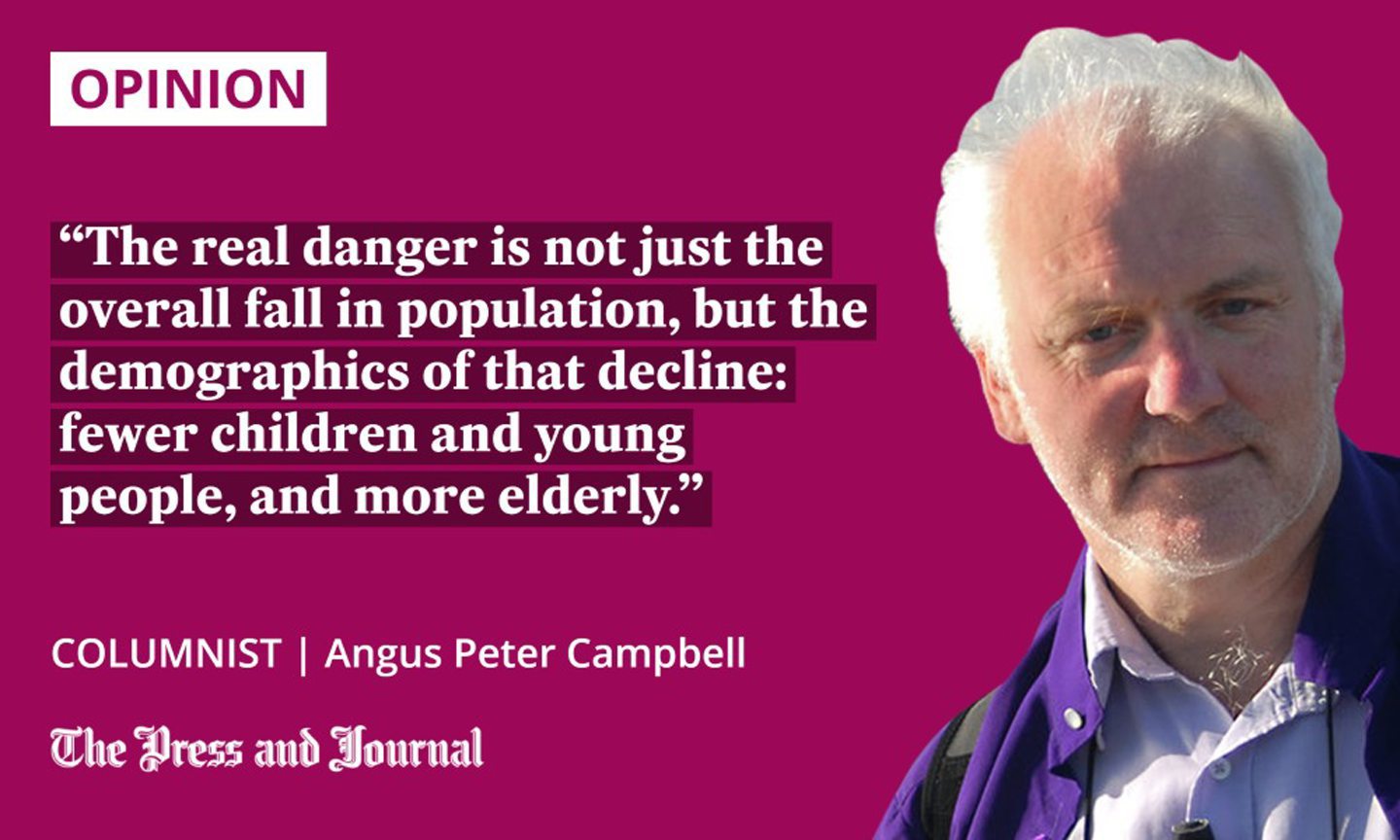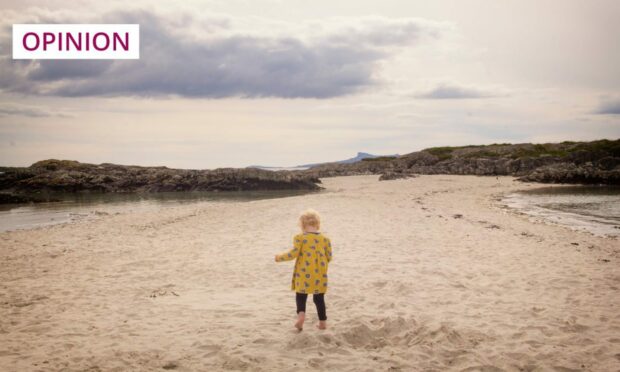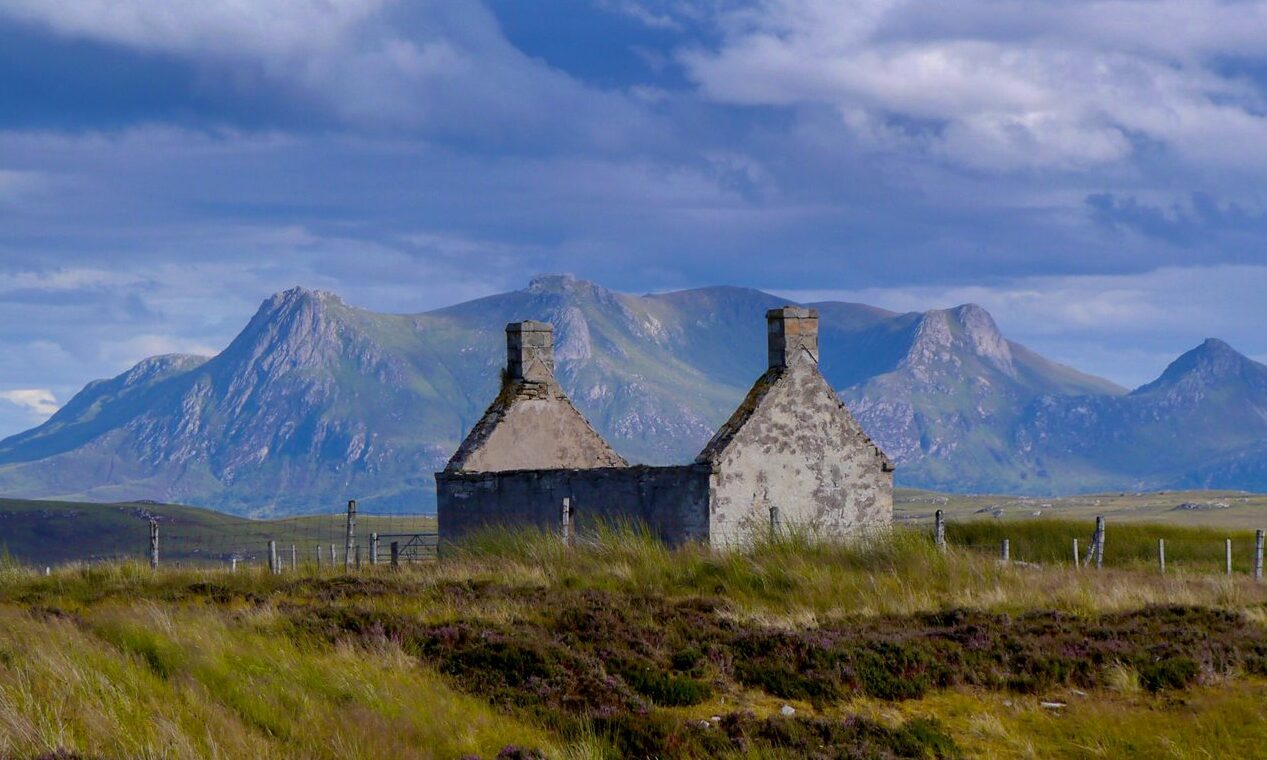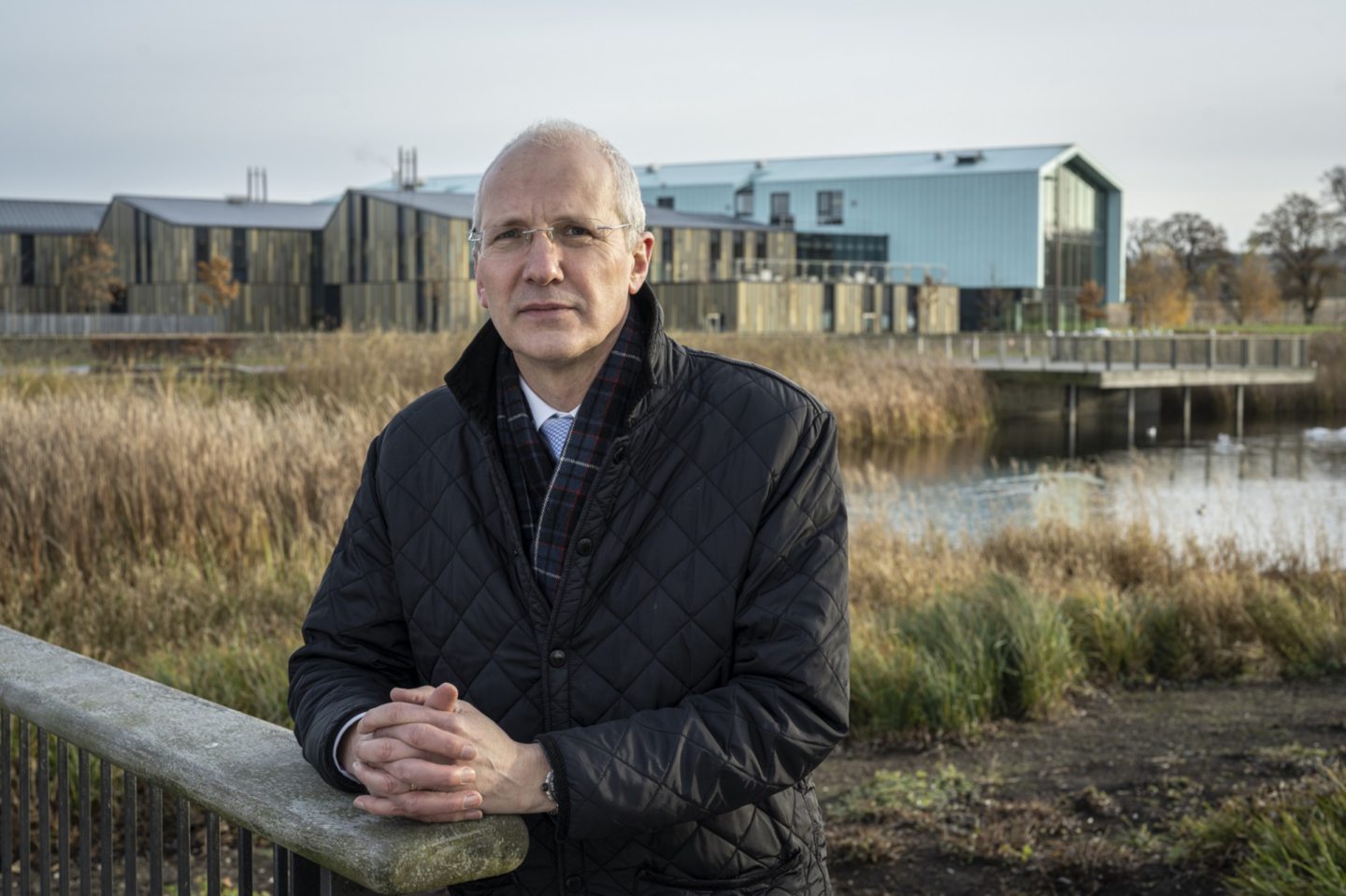It may just be about fairness after all. For fairness is everything when it comes to life.
Let’s take tennis, for example. Now, if I were to play you, dear reader – presuming we’re both sort of useless – I might, with a vast effort, win the first set 6-4, and then you’d win the next. Let’s call it a draw.
However, were I to go to that bonny tennis court at Bunabhainneadar in Harris and see Roger Federer or Novak Djokovic or Serena Williams on the other side of the net, I’d be as well packing up my racquet and heading down to John Murdo’s old hotel once more.
I’m not sure how good a metaphor that is for Highland housing, but it will do for the moment to describe an enormously unfair market: I hesitate to use the word “game” for such an important issue.

The reality is that most local people (such as my own six children) are simply unable to buy or rent a place in their native land because they are always outbid by richer buyers from down south who’ve sold a property and can purchase anything in the Gàidhealtachd from the loose change in their sporran. And that’s without mentioning the racket(!) of carbon offsetting by multinationals.
The Gàidhealtachd is facing a crisis when it comes to land, housing, jobs and language. Over and above the rising cost of living and electricity.
Meantime, the companies that sell us the stuff (that we produce) make gigantic profits. Scottish Power, for example, made a £925 million profit in the first half of 2022, and the privately-owned National Grid itself £3.4 billion in the 2021/22 financial year. They should be publicly owned.
We need balanced communities
Press and Journal reporter John Ross has shared some figures which starkly underline the housing and demographic crisis facing particular areas of the Highlands – namely Caithness, the Western Isles and Argyll. Caithness is an especially worrying case, with a population fall of 21.1% projected by 2041.
The real danger is not just the overall fall in population, but the demographics of that decline: fewer children and young people, and more elderly. Communities are best when balanced across the generations.
The projected decline is neither necessary nor inevitable. For, in reality, both Caithness and the Outer Hebrides, alongside the wider Gàidhealtachd, are terrific places in which to live. Not (just) for the elderly and retirees, but for young families.
In a hugely environmentally-damaged and damaging world, what’s not to like about the flow spaces of Caithness and the beaches of the Western Isles and the bonny braes of Argyll?
‘A direct ferry for Uist would do more good than all the development efforts in the last 20 years.’ Is the Scottish Government listening?
The problem is that for young people and young families to enjoy and harness these natural glories, they must be given a foothold in the area. Land must be made available to them at a price they can afford, rather than at inflated “market value”. Housing must be made available to them without being outbid at every turn by a wealthy buyer from the south. Ferries must be made to work.
As Hector Stewart from Grimsay said to John: “A direct ferry for Uist would do more good than all the development efforts in the last 20 years.” Is the Scottish Government listening?
Housing should be about equal opportunities
Perhaps it’s not even so much about repopulating the Gàidhealtachd as about the kind of Gàidhealtachd – the kind of future – we want for our children. A place where everyone has an equal opportunity. An equal chance to buy or rent or build a home. A place where crofts are worked rather than sold, wasted or accumulated by the few.
But that equality won’t happen on an uneven playing field. There must also be that old-fashioned phrase “positive discrimination”. In favour of the young, the old, the disadvantaged, the disenfranchised, the indigenous. In favour of the poor. In favour of Gàidhlig, for example, in lieu of the centuries of persecution it has suffered, which has left it shamed and devalued.
All that the government and its agencies, such as Highlands and Islands Enterprise, are offering are administrative or structural solutions to much deeper-lying existential and cultural problems.
Faster broadband and better ferries will not cure the loss. The internet connects you to the outside world: what is required is a better connection to the inner world.
It may be like that match I’m planning against Nadal. I just might have a remote chance of getting a single point from him, as long as I get to play with a racquet as big as Ben Nevis and he plays with his hands tied behind his back and without any racquet at all. Even then, I’m sure I’d lose 6-0, 6-0, 6-0.
The young Gaels of the Gàidhealtachd need to be given that chance. Otherwise, it’s game, set and match. New balls, please, as they tend to say down Wimbledon way.
Angus Peter Campbell is an award-winning writer and actor from Uist



Conversation